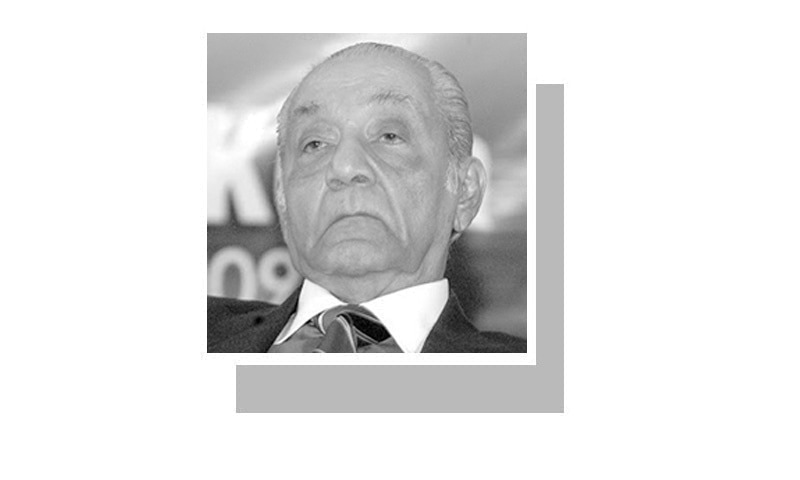THE first government of India immediately on independence was headed by prime minister Jawaharlal Nehru and his deputy Vallabhbhai Patel. Both were barristers and were familiar with the British system of government. But both were autocrats and rode roughshod over civil servants. The best among them, Sir Girija Shankar Bajpai, secretary general of the external affairs ministry, threatened to resign several times. Nehru could not let him go. Prime minister Indira Gandhi’s adviser P.N. Haksar coined the theory of “committed civil servants” — ie, committed to blind obedience to Haksar and Indira Gandhi.
Prime Minister Narendra Modi has a new doctrine. Civil servants can complain to him directly against their ministers. What is the correct position in the constitutional law of parliamentary democracies?
Vallabhhai Patel stated the correct position in the constituent assembly in October 1949. “Today, my secretary can write a note opposed to my views. I have given that freedom to all my secretaries. I have told them, ‘if you do not give your honest opinion for fear that it will displease your minister, please then you had better go’.”
When Sardar Patel uttered these words in the constituent assembly, he could not have imagined that the constitutional checks he was devising to ensure the integrity and independence of the civil service over the years would collapse so completely as they have by now.
India’s founders wanted an independent civil service.
Dr B.R. Ambedkar characterised Article 311, which embodies guarantees against arbitrary dismissal from service, as “probably the best provision that we have for the safety and security of the civil service, because it contains a fundamental limitation upon the authority to dismiss”. He did not quite reckon with the ways of those “drest in a little brief authority”. Transfers, suspensions, compulsory retirements, and promotions, or their denials, have proved their potency as weapons to punish the independent or reward the unworthy.
The record makes it amply clear that it was an independent civil service which the founding fathers of the constitution wanted to establish in the country. In April 1948, Sardar Patel, who was union home minister, wrote to prime minister Jawaharlal Nehru a letter which deserves to rank among the historic documents of Constitution-making.
He wrote, “I need hardly emphasise that an efficient, disciplined and contented service, assured of its prospect as a result of diligent and honest work, is a sine qua non of sound administration under a democratic regime even more than under an authoritarian rule. The service must be above party and we should ensure that political considerations, either in its recruitment or in its discipline and control, are reduced to the minimum, if not eliminated altogether.”
Sardar Patel delivered on Oct 10, 1949, one of his best speeches in the constituent assembly. “Take work from them,” he said of the civil services, “Every man wants some sort of encouragement. Nobody wants to put in work when every day he is criticised and ridiculed in public. Nobody will give you work like that. So, once and for all, decide whether you want this service or not.”
A distinguished civil servant, Mr B.K. Nehru, proposed an effective reform which would arrest the decline and restore the civil services to the position that was intended for them by the framers of the constitution.
The British experience is relevant because the constitution-makers consciously adopted “the British type of constitution”. This would entail that “the posting, transfer, and promotion of, and disciplinary action against, a civil servant is decided by the head of the civil service department, who also holds the post of cabinet secretary, in consultation with senior permanent secretaries”. As the noted constitutional lawyer Sir Ivor Jennings, put it, “the civil service as a whole is controlled by the treasury under the direction of the prime minister” whose approval would be needed for senior-most appointments. By convention, it is very seldom withheld.
Every Jim Hacker is entitled to select his Bernard Woolley, the private secretary. He enjoys no such freedom in regard to Sir Humphrey Appleby, the permanent secretary.
Examples illustrate the independence of the civil service. Sir Robert Armstrong, head of the home civil service, informed a select committee of parliament in February 1972 of “the well-known rule that ministers of a current government are not entitled to ask to see the papers of a previous administration. … If a request, notwithstanding that, is made, the civil servant has the
right to refuse”. A civil servant who can refuse to let a minister see a file is more than a keeper of files. He is the custodian of a tradition which survives the political birds of passage.
The writer is an author and a lawyer.
Published in Dawn, August 20th, 2022











































